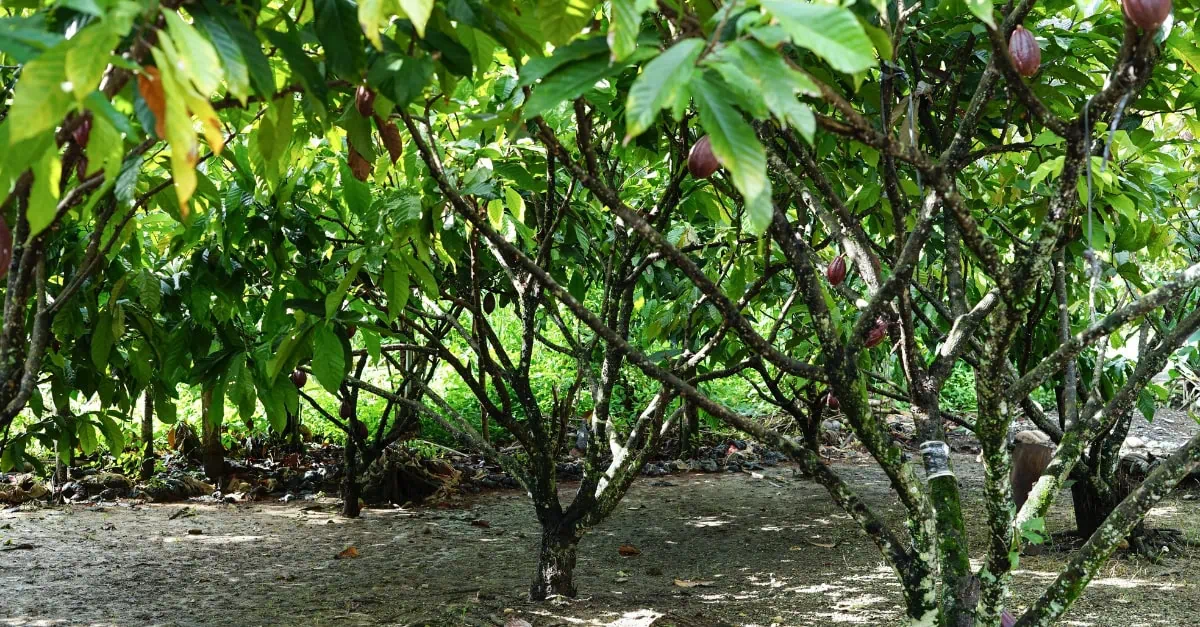The European Union will propose granting companies six months of leeway to comply with its deforestation law, reducing the relief period from a longer delay announced in September despite industry complaints about bureaucratic complexity.
The EU’s Deforestation Regulation (EUDR) aims to tackle the global felling of trees associated with imports into the bloc of commodities including soy, coffee, beef, palm oil, and cocoa. The European Commission proposes giving companies six months of relief from sanctions after the law goes into effect at the end of the year. The proposal marks a rollback of plans announced in September to delay implementing the rules by a year.
The bloc will also simplify regulations to loosen obligations on smallholder farmers. Both parliament and member states will need to sign off on the changes.
Changes to compliance requirements
The commission will propose loosening obligations on companies to track deforestation further down the value chain. Under the proposals, companies will only have to conduct due diligence at the entry point into the EU market.
Smallholder farmers would only have to do one declaration in the IT system if they are not already part of an existing EU database. Otherwise they are exempt.
Timing and market context
The regulation’s timing presents particular considerations for the cocoa industry. Despite a recovery in cocoa production, weak demand, and an estimated second surplus crop year, the market still is historically tight. The timing of the EUDR can’t be worse from an EU cocoa processing point of view, according to the analysis.
EU Environment Commissioner Jessika Roswall last month announced she would pursue a delay, saying that an IT system for companies to comply with the law was unable to cope with the number of requests. She has faced pushback in the commission for going too far. A number of EU nations have also been critical of the law, saying that it was overly bureaucratic and punitive on the region’s farmers.
Ghana has positioned itself as EUDR-ready, with the Cocoa Marketing Company announcing it will seek a USD 200 per metric tonne premium for sustainably grown and traceable cocoa. “Sustainably produced and traceable beans come at a cost, and must be paid for,” said Barnett Quaicoo, deputy managing director at the company.
This article is part of a more comprehensive cocoa market analysis. For the full analysis, go to: https://app.vespertool.com/market-analysis/2415
